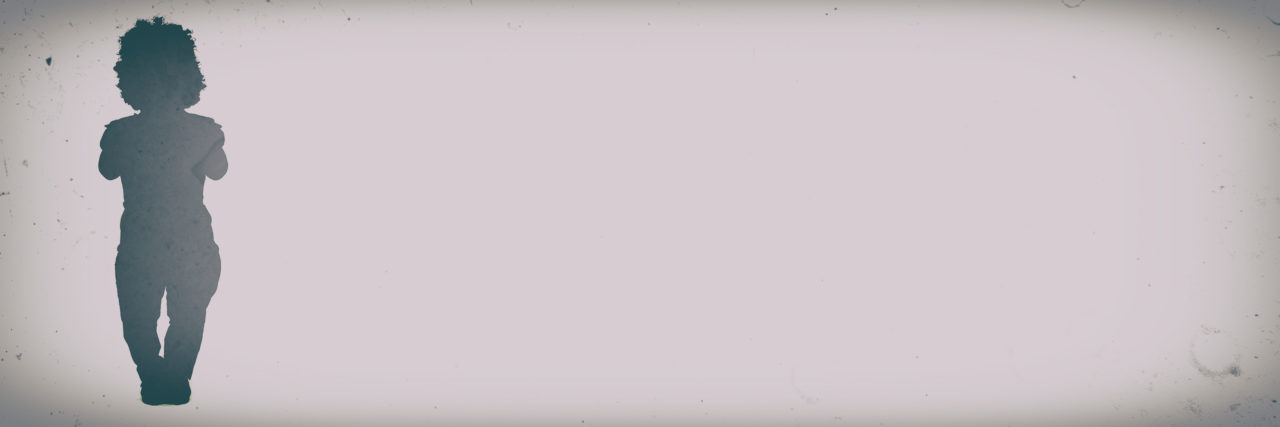Why We Need to Put a Different Kind of Spotlight on Dwarfism
October is Dwarfism Awareness Month. Not many people know this, but you can be forgiven for that as there are so many days and months that are now dedicated to raising awareness for certain causes. But are they actually effective?
Dwarfism Awareness Month means my social media page will become inundated with posts trying to educate people on dwarfism, but only because I have dwarfism and choose to be part of many groups for people with dwarfism. Not many other people will see them, and if they do, other messages about dwarfism that are prevalent throughout the rest of the year will probably counteract them.
People with dwarfism are very prominent within the entertainment industry. Most people will have seen a person with dwarfism in a film, or perhaps in a storybook where the main focus is on their dwarfism. They may have also attended an event where a dwarf was hired as the entertainment and paid to be an object of mockery, such as a “dwarf tossing” event. This is not entertainment, this is ableism, and it promotes harmful attitudes about dwarfism.
Under the Americans With Disabilities Act, dwarfism is a disability. This should make people more uneasy when thinking about how people with dwarfism are sometimes mistreated by or because of the entertainment industry. People often come to the defense of dwarf entertainers, but they rarely come to the defense of those who have to endure the repercussions on a daily basis. When Peter Dinklage gave his acceptance speech at the 2012 Golden Globes award ceremony, he brought attention to a case of a person with dwarfism being picked up and thrown by a drunken stranger. The victim, who sustained partial paralysis as a result, believes the attack was influenced by dwarf throwing events.
While people may think this is a one off case, it is just the tip of the iceberg. Peter’s speech provoked some reaction, however, most people are still ignorant about how often people with dwarfism are subjected to the repercussions of dwarfism stereotypes. I have dwarfism, and like many others when out in public I have to endure being laughed at, photographed and being the butt of other people’s jokes. It is not unusual for me to be asked where my other six little friends are or to hear someone shout “Mini-me” at me before walking off in a fit of giggles. I have also been asked if I will be an entertainer at their kid’s party.
It is assumed that because I have dwarfism, I must be an entertainer. This indicates that mass media is promoting the wrong kind of awareness. Real awareness would demonstrate that people with dwarfism have ordinary lives and work in numerous professions. But most importantly, awareness needs to demonstrate that people with dwarfism are human and should be treated with the same respect given to other people in society.
Awareness should occur throughout the year through the provision of more positive representations of people with dwarfism, as opposed to those that construct us as figures of mockery.
Getty image by Chris Paris.

